Keywords: Democratic Labor Party
-
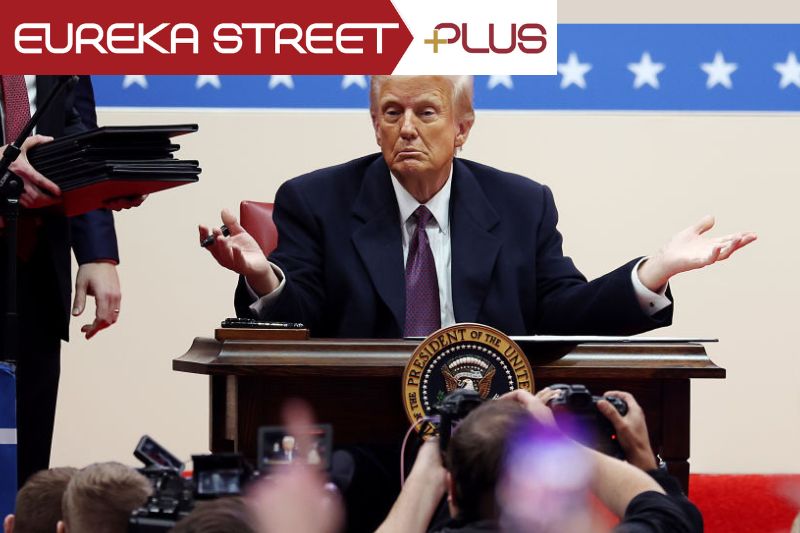
INTERNATIONAL
- Peter Craven
- 24 January 2025
In a second presidency begun with a spate of brash decrees — annexing Greenland, scrapping birthright citizenship — and forging odd alliances with billionaires, Donald Trump is already defying expectations. How did we reach this unsettling moment, and can America endure it?
READ MORE 
-
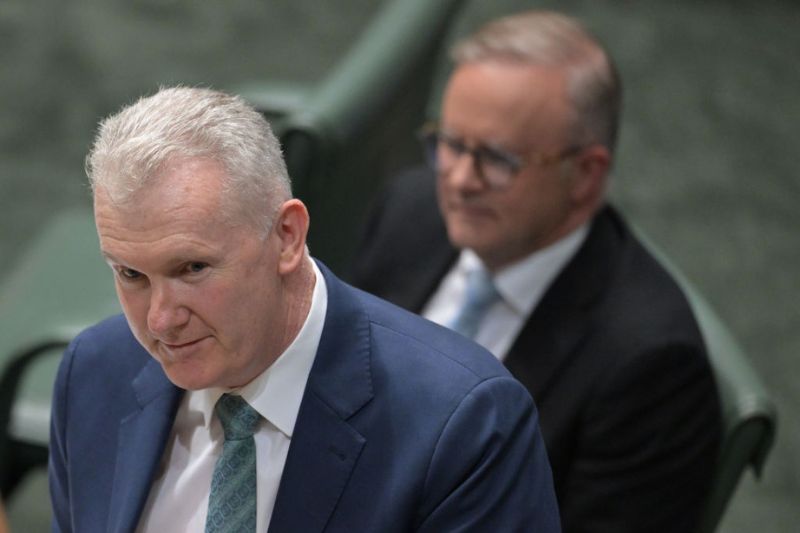
AUSTRALIA
- Frank Brennan
- 04 December 2024
1 Comment
When High Court rulings challenge government policy, they usually prompt reflection and refinement. But for the Federal Government, a recent decision on non-citizen rights has sparked a legislative overreach, mirroring the Opposition’s hardline stance.
READ MORE
-
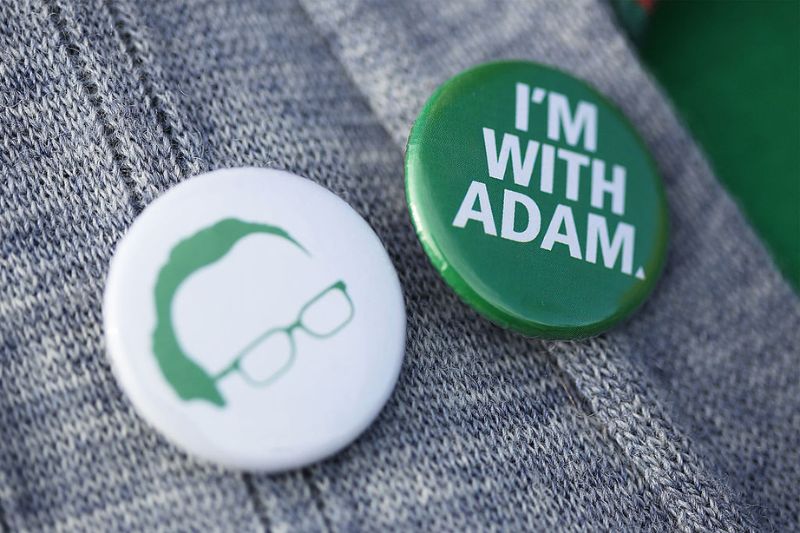
AUSTRALIA
- Erica Cervini
- 25 November 2024
4 Comments
Once seen as the champions of climate action and progressive politics, the Greens are now grappling with internal chaos, falling poll numbers, and a disillusioned voter base. From controversies over identity politics to disputes about housing and Middle East policies, the party is facing a critical question: What do they stand for today?
READ MORE
-
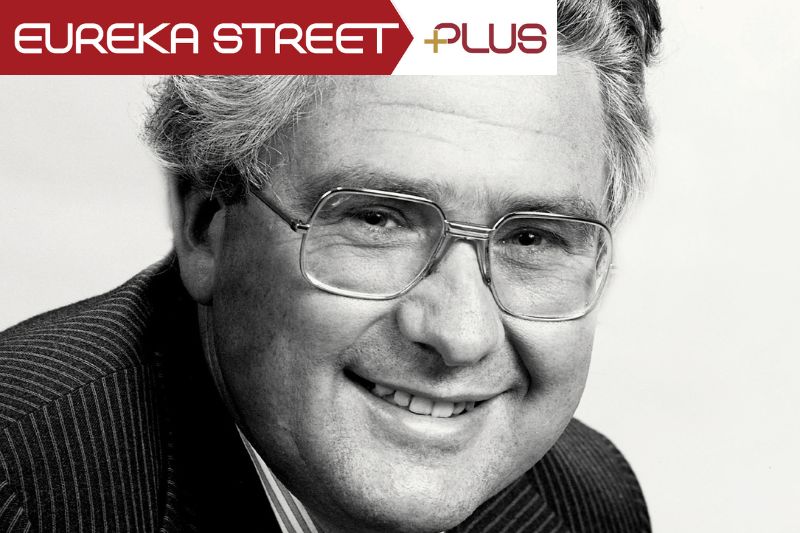
AUSTRALIA
- Andrew Hamilton
- 08 November 2024
1 Comment
The story of Race Mathews’ career will be an antidote to despair about politics and politicians. It underlines the possibilities of politics, showing how it can be more than a job or a career. It can be a calling to imagine a more just society and ways of building it.
READ MORE 
-
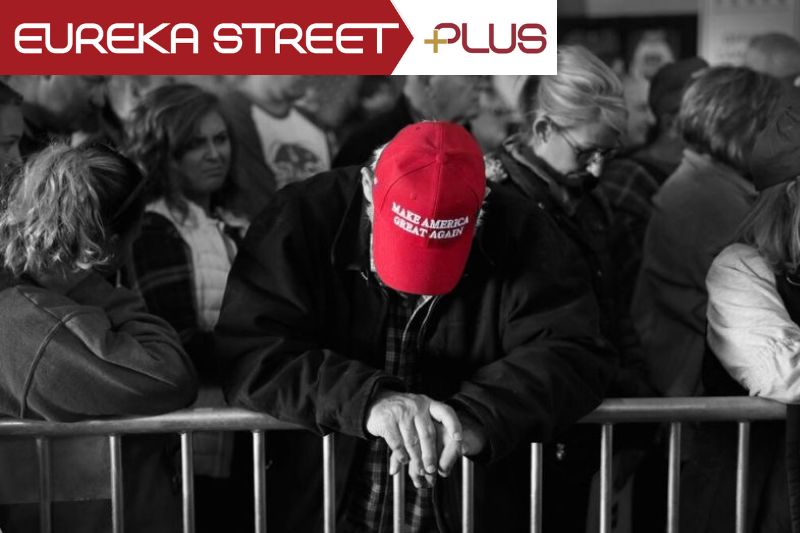
INTERNATIONAL
- Peter Craven
- 25 July 2024
It’s easy, isn’t it – much too easy – to invoke the standard response that only in the so-called Land of the Free could these things transpire. A vulgar, mendacious man who has refused to believe that he lost the last election is now the improbable victim of an assassination attempt. And the incumbent president, who has not done badly at his impossible job, surrenders his chance at re-election.
READ MORE 
-
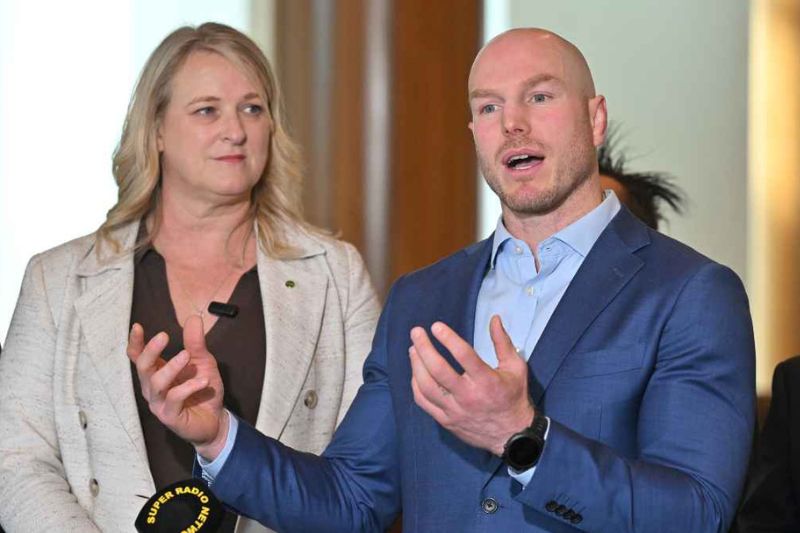
AUSTRALIA
With homelessness rising and housing affordability plummeting, Independents propose a radical solution: a National Housing Plan. In challenging both major parties, can they create a system that provides a roof over the heads of all Australians?
READ MORE
-
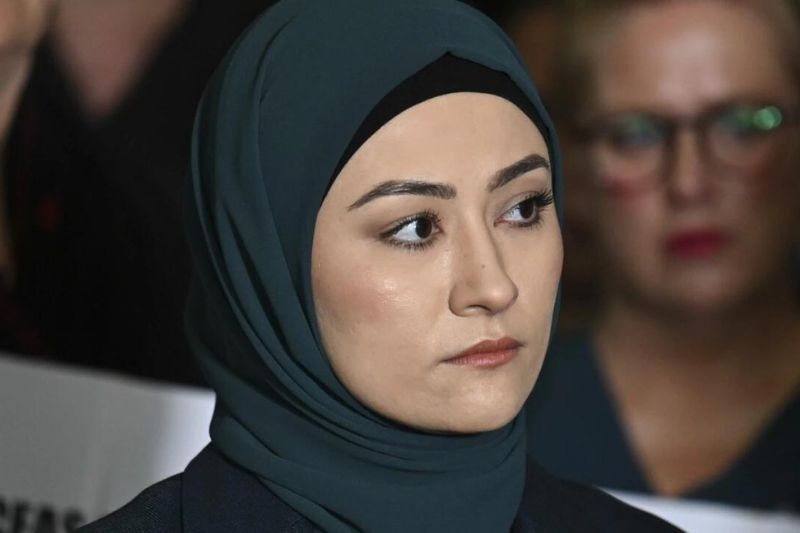
AUSTRALIA
- Binoy Kampmark
- 16 July 2024
2 Comments
Senator Fatima Payman's departure from Labor over a pro-Palestine vote and the emergence of 'The Muslim Vote' have reignited debates about faith in Australian politics. While PM Albanese cautions against religious influence, his stance overlooks the nation's history of faith shaping governance, raising questions about the feasibility of separating belief from policy-making.
READ MORE
-
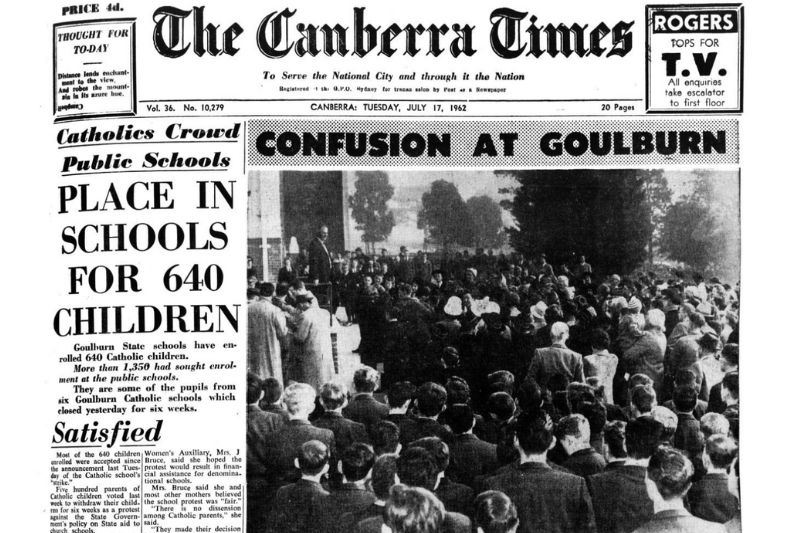
RELIGION
- John Warhurst
- 03 July 2024
8 Comments
In 1962, Goulburn was the centre of national attention when Catholic schools closed in protest over a lack of government funding and control. Students overwhelmed public schools. Could this happen again? An Australian archbishop suggests it as an option if religious freedom in Catholic schools is threatened.
READ MORE
-
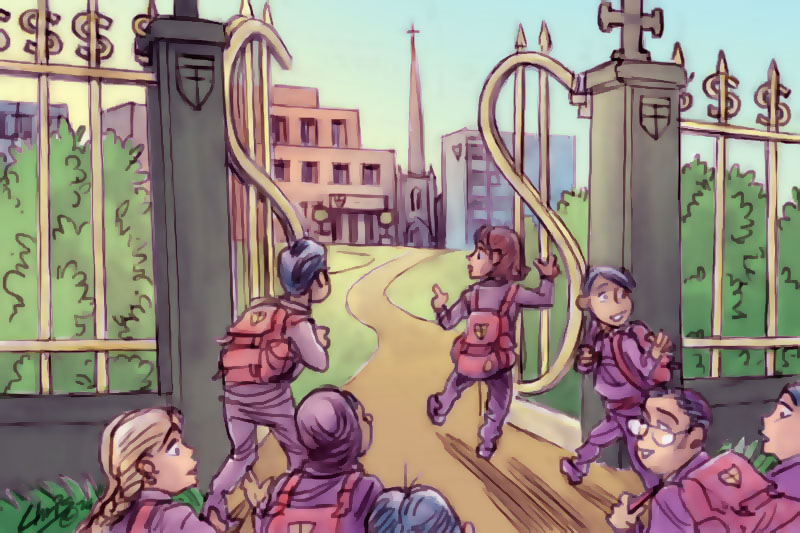
EDUCATION
- Chris Curtis
- 27 June 2024
5 Comments
In the new schools funding model, schools at the upper and middle parts of the parental income spectrum will find budgets getting tighter each year, and fees will likely increase. The worst affected schools will be those whose parents earn higher incomes but which have kept their fees low so that poorer families may also enrol their children.
READ MORE
-
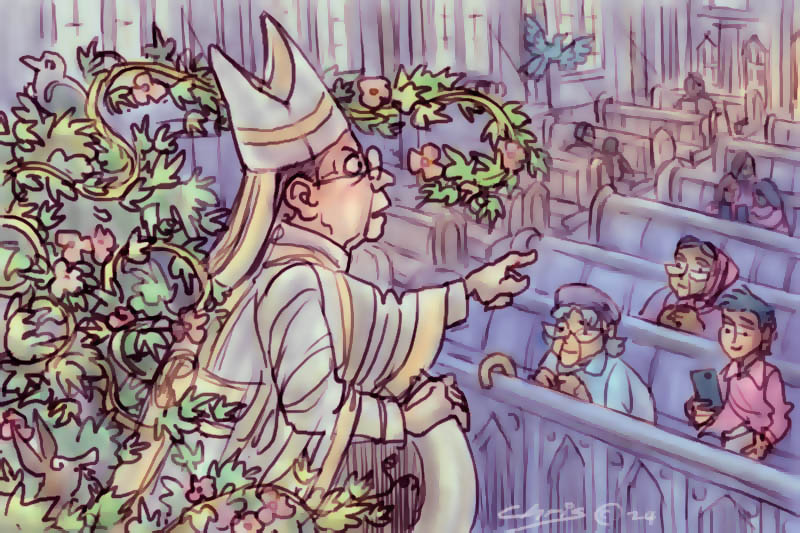
RELIGION
- John Warhurst
- 01 May 2024
33 Comments
The relationship between the Catholic church and the Greens has been one marked by near constant antagonism. Are there any consequences from this for either the church or the party?
READ MORE
-
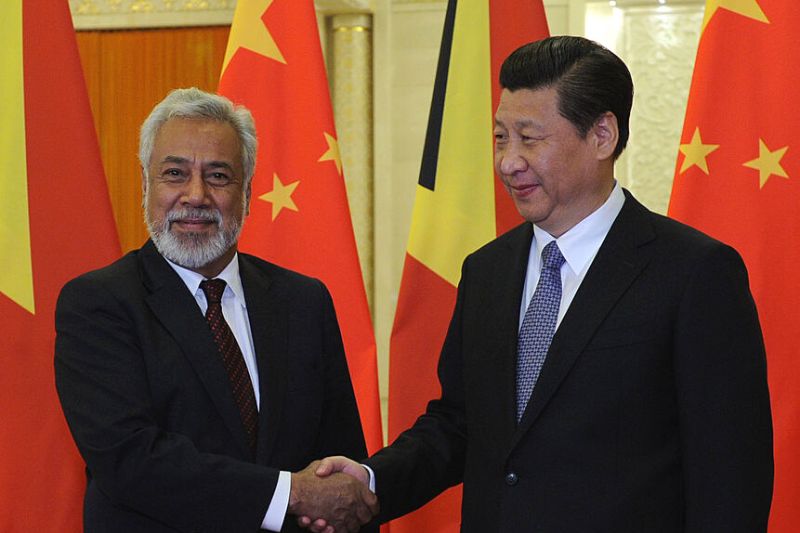
INTERNATIONAL
- Pat Walsh
- 04 October 2023
3 Comments
Prime Minister Xanana Gusmao's meeting with China's President Xi Jinping signals deeper cooperation between Timor-Leste and China. This evolving alliance, closely watched by Australia, raises questions about Beijing's motives and Timor-Leste's historical indebtedness. As China expands its influence in the Indo-Pacific, Timor-Leste's diplomatic balancing act comes under scrutiny.
READ MORE
-
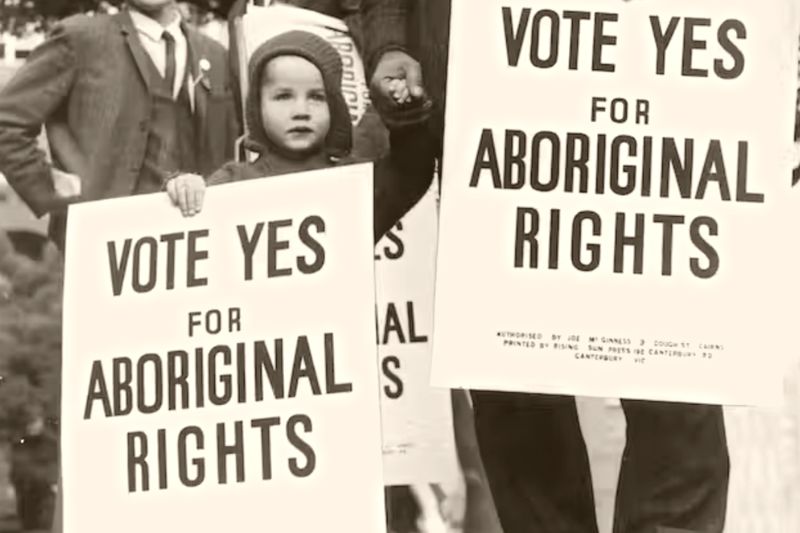
AUSTRALIA
- Frank Brennan
- 05 June 2023
19 Comments
The wording of the proposed change to the Australian Constitution to enshrine a First Nations Voice might not be perfect. But whatever the imperfections and the risk of future complications, it is high time that Australia’s First Peoples were recognised in the Constitution in a manner sought and approved by a broad cross-section of Indigenous leaders.
READ MORE